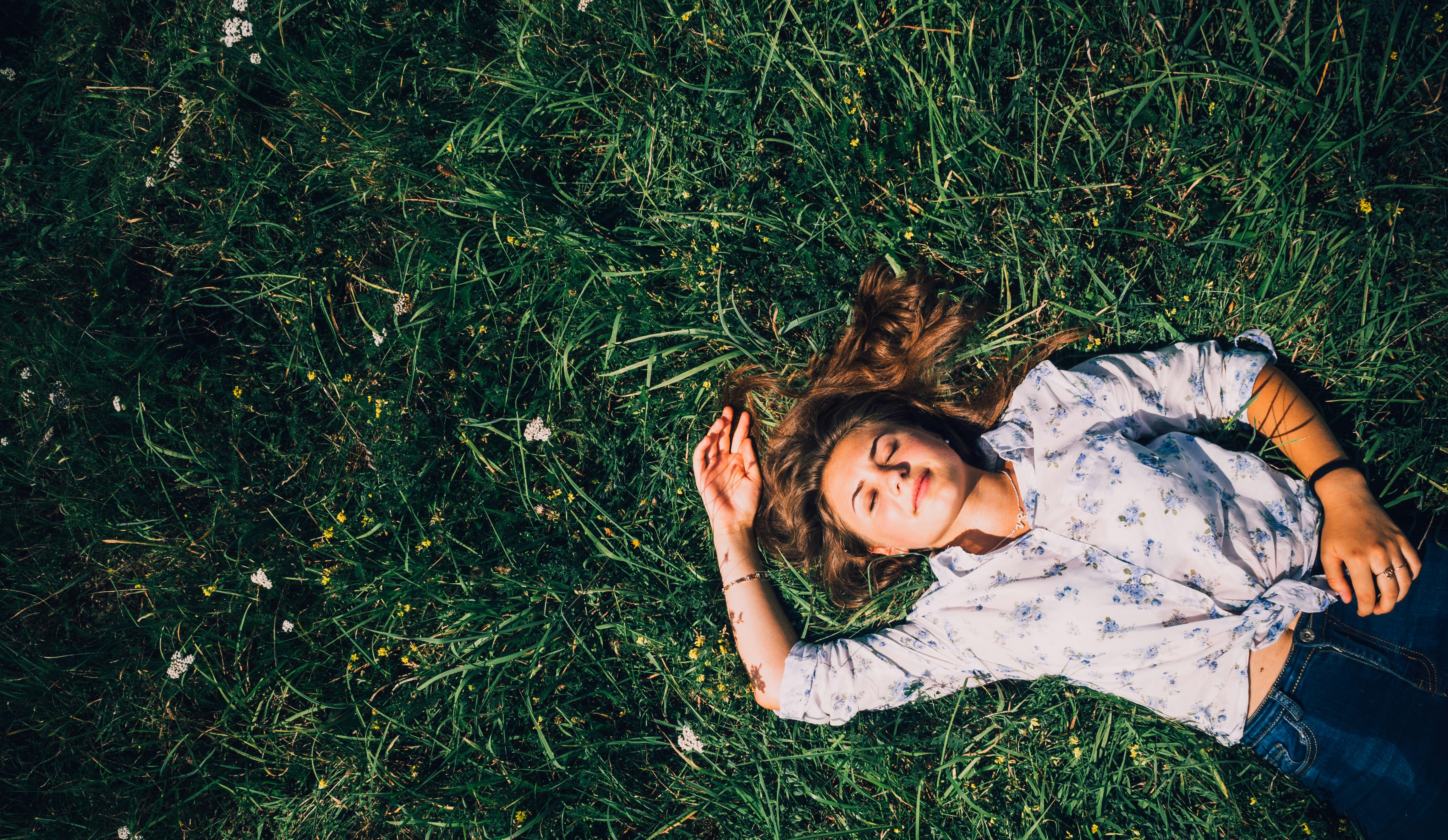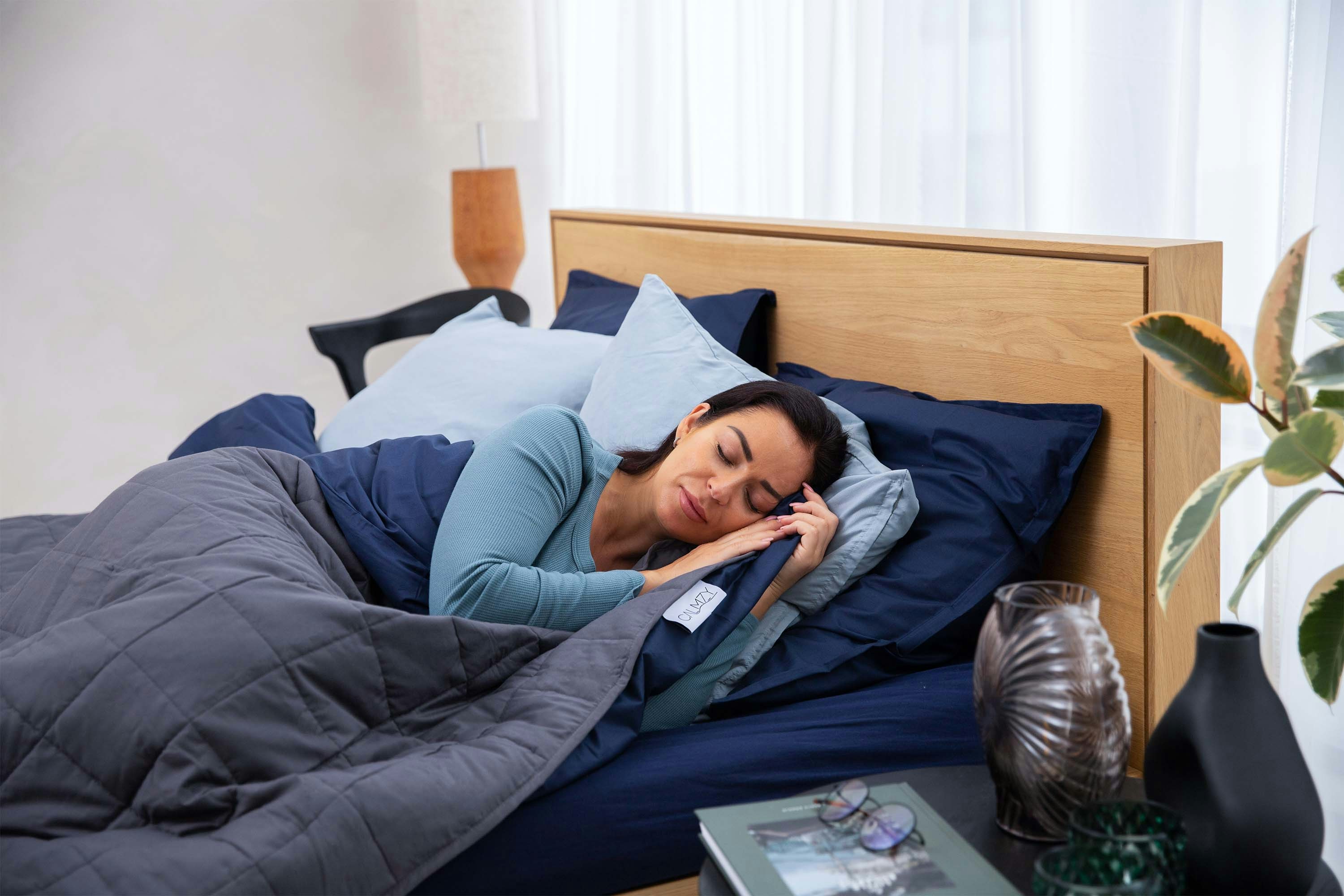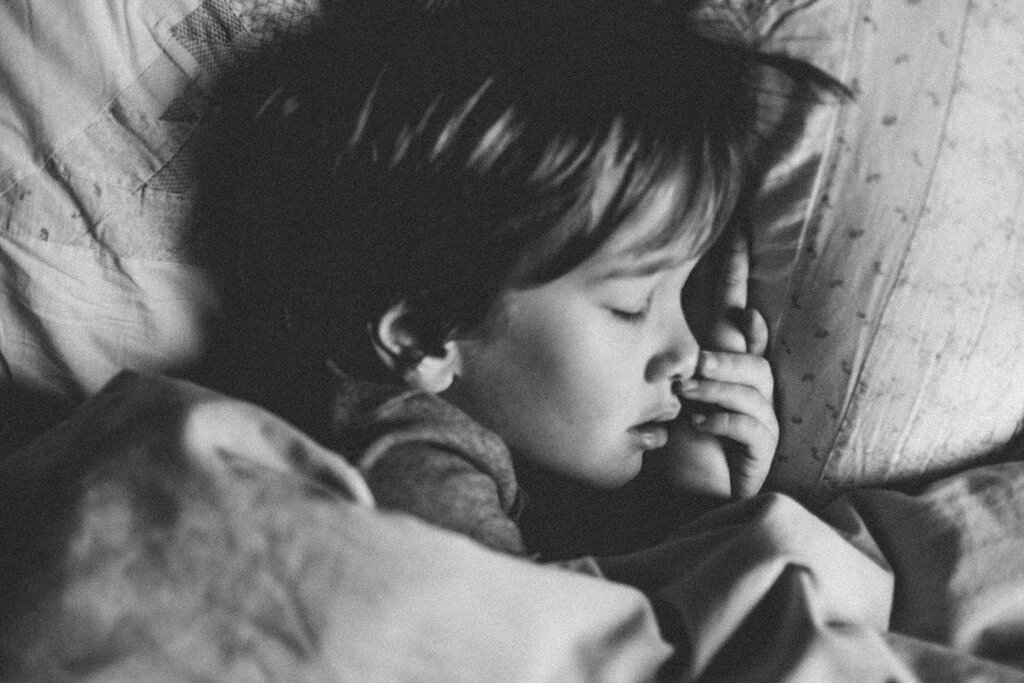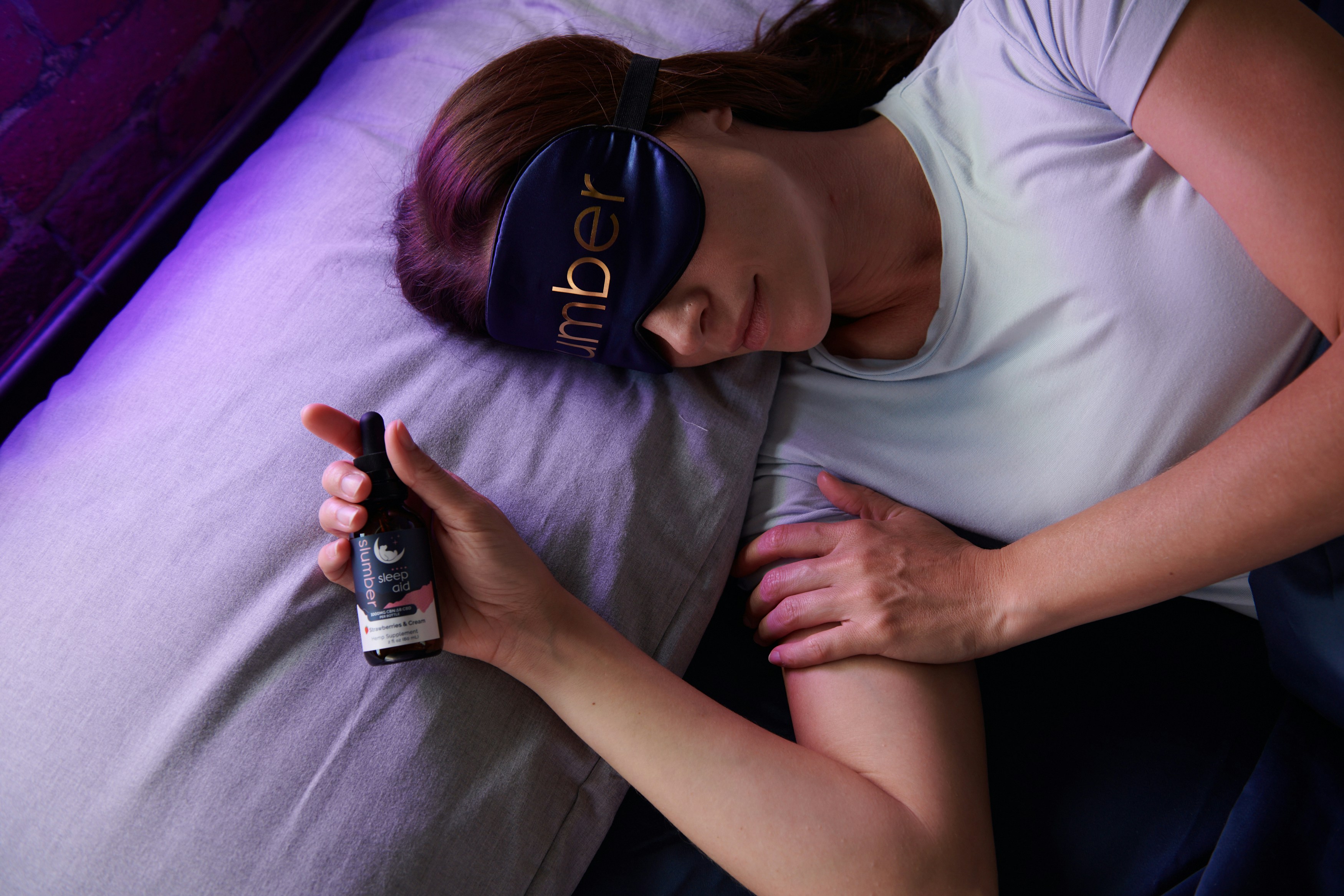The Effects of Technology on Sleep: How Screens Are Impacting Our Rest
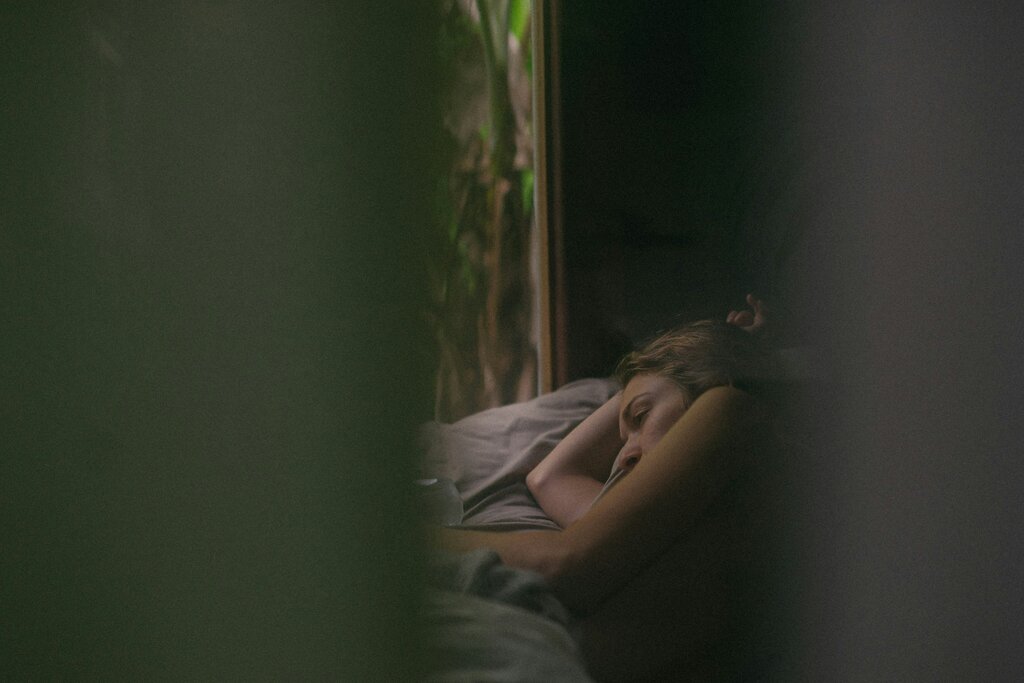
Introduction
In today’s digital world, technology is a major part of our daily lives. From smartphones and laptops to tablets and TVs, screens are a constant presence. While these devices offer incredible convenience and entertainment, they also have a darker side— they can seriously impact our sleep .
As we become more reliant on technology, particularly in the evening hours, many people find themselves struggling to get a good night’s rest. In this article, we will explore the science behind how screens affect sleep , the impact of blue light, and how to mitigate these effects for better sleep hygiene.
1. The Science of Sleep and Technology
1.1 How Our Sleep Cycle Works
- Our sleep cycle is regulated by the circadian rhythm , which is influenced by light and darkness. The body produces melatonin , a hormone that helps regulate sleep, in response to dimming light as evening approaches.
- Exposure to artificial light —especially from screens—disrupts the natural release of melatonin, making it harder for the body to wind down and fall asleep.
1.2 The Role of Blue Light
- Blue light , which is emitted by most screens (smartphones, computers, tablets), is especially problematic. Blue light has a wavelength that strongly affects the production of melatonin.
- Research has shown that exposure to blue light in the evening can delay the onset of sleep , reduce the quality of sleep, and disrupt the natural sleep-wake cycle.
2. The Impact of Technology on Sleep
2.1 Disruption of Circadian Rhythm
- When we use screens late at night, we expose ourselves to blue light, which signals to our brain that it’s still daytime. This mimics sunlight , making it difficult to fall asleep when we want to.
- The disruption of the circadian rhythm caused by evening screen time can result in delayed sleep onset , reduced sleep duration, and lower sleep quality.
2.2 Increased Mental Stimulation
- Technology, especially social media, email, and news apps, provides a constant stream of mental stimulation . This can increase stress and anxiety , making it harder for our minds to wind down before bed.
- Engaging with technology —whether through work-related tasks, social media scrolling, or watching exciting videos—keeps our brains alert and engaged, which interferes with the relaxation needed to fall asleep.
2.3 Increased Screen Time and Insomnia
- Increased screen time before bed is a significant contributor to insomnia and other sleep disorders. A study published in The Journal of Clinical Sleep Medicine found that excessive screen use (particularly in the hour before bed) is linked to longer sleep onset latency , meaning it takes longer for individuals to fall asleep.
- Chronic insomnia due to technology use can lead to a vicious cycle of sleep deprivation , where the lack of sleep further increases the reliance on screens to cope with fatigue during the day.
3. How to Mitigate the Effects of Technology on Sleep
While technology can interfere with sleep, there are several strategies you can use to minimize its impact:
3.1 Use Blue Light Filters
- Many smartphones, tablets, and computers have blue light filter settings that reduce the amount of blue light emitted by the screen. Night mode or blue light blocking apps can also be used to decrease blue light exposure in the evening.
- Wearing blue light-blocking glasses is another option for those who are sensitive to screen time in the evening.
3.2 Set a Technology Curfew
- One of the most effective ways to improve your sleep is to limit screen time at least 30 to 60 minutes before bed. This allows your body to begin its natural process of winding down without the interference of artificial light.
- Setting a “technology curfew” can help create a healthier pre-sleep routine by giving your mind time to relax and prepare for rest.
3.3 Establish a Relaxing Bedtime Routine
- Engage in relaxing activities such as reading, meditation, or gentle stretching before bed to help transition your mind and body into sleep mode. Avoid stimulating activities like checking emails or scrolling through social media.
- A consistent bedtime routine signals to your brain that it’s time to wind down, which can help improve the quality of your sleep.
3.4 Avoid Using Screens in Bed
- Keep your bedroom a technology-free zone as much as possible. This can help create a stronger association between the bed and sleep, making it easier to fall asleep when you’re in bed.
- If you need to use your device for reading or relaxation, try using e-readers with e-ink technology instead of backlit screens.
3.5 Limit Overall Screen Time
- Reducing your overall screen time during the day, especially in the evening, can help prevent overexposure to blue light. Take breaks throughout the day from screens and engage in other activities such as walking, socializing, or practicing hobbies.
- Try to spend at least an hour in natural sunlight during the day to help regulate your circadian rhythm and support healthy sleep.
4. Alternatives to Technology for Evening Relaxation
If you find it difficult to disconnect from technology, consider some alternatives to keep you relaxed without the use of screens:
4.1 Try Reading a Book
- Reading a physical book before bed can be a great way to unwind without the interference of screens. Choose something light and relaxing to help you relax and prepare for sleep.
4.2 Practice Relaxation Techniques
- Techniques such as deep breathing , progressive muscle relaxation , and meditation can help relax the body and mind, making it easier to fall asleep without the need for technology.
4.3 Listen to Soothing Music or Podcasts
- If you enjoy auditory relaxation, listen to calming music, podcasts, or nature sounds to help you unwind before bed. Choose content that promotes relaxation, such as guided meditations or sleep stories.
5. Conclusion
In the modern age, technology is an inescapable part of our daily routine. However, the impact of screens on our sleep is becoming increasingly evident. Blue light emitted by devices, combined with the mental stimulation provided by technology, can significantly disrupt our natural sleep patterns and contribute to poor sleep quality.
By understanding the ways in which technology affects sleep and implementing simple strategies like blue light filters , setting technology curfews , and creating relaxing routines , we can minimize these effects and improve our sleep hygiene. Prioritizing good sleep practices can lead to better overall health and well-being.
“Sleep is the golden chain that ties health and our bodies together.” – Thomas Dekker

